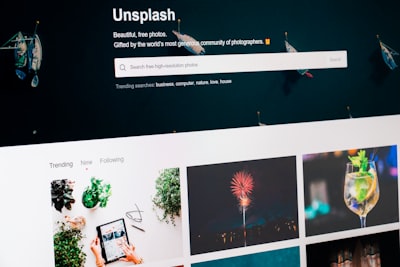Internet censorship is the control or suppression of what can be accessed, published, or viewed on the Internet enacted by regulators, or on their own initiative. Individuals and organizations may engage in self-censorship for moral, religious, or business reasons, to conform to societal norms, due to intimidation, or out of fear of legal or other consequences.
While most democratic countries have moderate Internet censorship, other countries go as far as to limit the access of information such as news and suppress discussion among citizens. Internet censorship also occurs in response to or in anticipation of events such as elections, protests, and riots.
Access to restricted sites was effectively blocked by tracing and blocking DNS requests but companies like Cloudflare, Mozilla and Google are shifting DNS to TLS layer and making it difficult to intercept.
In the same survey 83% agreed that “access to the Internet should be considered a basic human right” and 86% agreed that “freedom of expression should be guaranteed on the Internet”. Perception of internet censorship in the US is largely based on the First Amendment and the right for expansive free speech and access to content without regard to the consequences.









